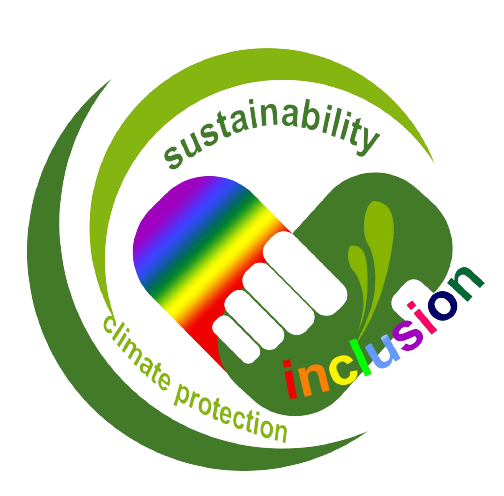Austria – Leoben 12-18 March 2023 – by Jolien and Nienke
Two teachers, six children, one tour guide from The Netherlands. On a Sunday morning we took off to Leoben, Austria. We traveled by car, by plane and by train. Quite an experience, because some of the children had never been on a plane, nor had they seen mountains.
After a long trip we arrived in our Hotel, the Kindler Hotel in Leoben.

On Monday morning, after a 15 min walk, we arrived at the Volksschule Pestalozzi. Head mistress Alexandra took us for a tour around the impressive building, which dated from 1910, but was renovated around nine years ago. In the same building as the Volksschule were the Mittelschule, the Technical School and a class for children with special needs.
When we first arrived everyone was very interested to meet us and even though not everyone spoke English very well, they made an effort to connect with us and tell us proudly about their school.
We wanted to learn about the educational system in Austria and the differences from the Dutch system. The first thing we’ve noticed, was the fact that every classroom was still equipped with a chalk board, and not a digital board, like in The Netherlands. There was a computer room in which they used a beamer and in some other classrooms there was a beamer too. Nevertheless the teachers were very capable of teaching without many digital help.
Our six Dutch children joined an international class, which existed of 22 children from the Philippines, India and Korea. The parents of these children came to Austria, to work in a factory in Leoben. The ages in this group varied from 6 up to 11 years old. Some of them had never been to school before, others were quite advanced. It is a challenge to teach such
a variety of children, but the teacher managed well. She gets help from an assistant, so every child gets the attention they need.
A few differences we’ve noticed in comparison to the Dutch education system:
– Children stay with the same teacher for four years
– The teacher is very important during the classes. The teacher tells them what they have to do, and the children do the task. In the Netherlands children are a bit more independent in making choices what task they’re doing and not every child is doing the same task.
– When a child needs special attention, because of, for example, autism, they can get a personal buddy. This is an adult who guides the child throughout the day. He/she doesn’t help with school tasks, but mainly with
behavioral challenges.
– Classes are small. We’ve seen groups of 15 children for example.
– The children in the Volksschule were taught by different teachers throughout the day. One ‘main teacher’ and a specialized teacher for German, religion, English and physical education.
– The school lunch is warm and tastes very good!
– The time children go to school differs per class and even per child. It depends on the schedule. In The Netherlands school ends at 14.15h for everyone.

– In Austria school starts at 7.45h, in comparison to 8.30h in The Netherlands.
– When we look at sustainability in the school: every classroom separates the garbage in different bins. We’ve also seen quite some windmills and solar panels throughout the country.
Besides learning about the educational system, we’ve seen a lot of Leoben en enjoyed this city very much. We even went to the snow to go skiing and sledging, for the real Austrian experience.

We’ve had an amazing time in Leoben!

